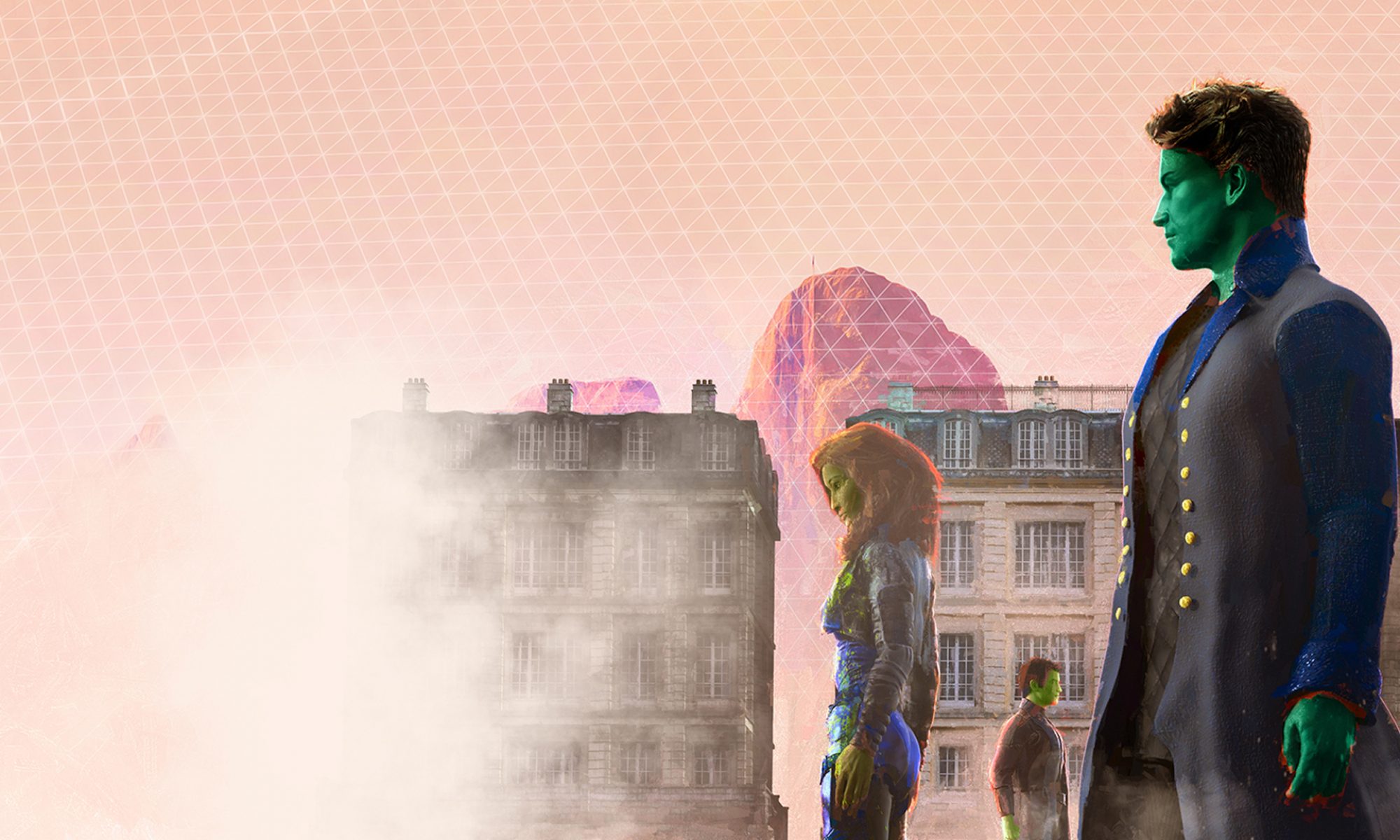I’ve been teaching myself to write for a few years now. I have been a reader for as long as I can remember. I’ve told myself stories for as long as I can remember. My self-told stories have been original or fanfiction or reworkings of books I’ve read where I thought the plot went off the rails, or worse, when the characters started acting out of character because the plot demanded they go brain-dead.
I understand that in the real-life people in extremis do freeze and behave stupidly but it doesn’t last long. People whose ancestors behaved stupidly generally didn’t live long enough to breed and have descendants.
Another thing I don’t like in my fiction (book or movie form) is anticipating the plot. Movies are really bad. They don’t have a lot of time to build a huge, complex character arc but even so, I shouldn’t be able to watch a movie and say “here it comes. Watch Ms. X take off her clothes and go into the dark and spooky building to face the monster without backup and in her underwear.”
Books should be better than that. There’s enough time for the writer to put in twists and surprises and to make the characters believably real and for odd or absurd things to happen. Just like real life.
When I write, I start at the beginning of my story and I write everything down in the order in which it happens and when I get to the end, I stop. I won’t say it’s like taking dictation but my characters do talk in my head. They are real. They are complex and complete. They have motivations that do not consist of “bwah, hah, hah, hah, I want to watch the world burn.”
Please, not that boring tripe.
Real people have complex motivations and often do the right thing for the wrong reasons or do the wrong thing for the right reasons. And those reasons can change. Real people have relatives, some of whom they like and some who they don’t. Real people have obligations. Real people have pets. They have coworkers who care about them as well as coworkers who’d be just as happy if they took a long walk on a short pier. Real people have neighbors who will call the fire department if the house is on fire, even when that neighbor dislikes them. Fires can spread.
Real people can have bad tempers and not just because they’re the villain. Real people do not operate in a vacuum, unaffected by their surroundings.
My characters are real people to me and I hope they are real people to you too. I’ve written millions of words by now and, if I can get more consistent and productive, you’ll be reading those stories. For example, a character who you won’t meet for a few years is Nilo Lumierez. When you meet Nilo for the first time, he is the villain. He enjoys it. But he has his reasons, that are eventually revealed and he is, like every villain, the hero of his own story. I’ve also plotted out Nilo’s story for when he is the hero and, despite doing many bad things, Nilo gets his happy ending.
Why did I do this? Because Nilo Lumierez insisted. He refused to be stuffed into his straitjacket of villainy.
Similarly, if you read The Bride from Dairapaska, Airik Shelleen demanded that his story be told. He set the plot in motion by sending peasants out to die on the steppes but he had a damn good reason. He didn’t waste people because he enjoys pulling the wings off of flies. The White Elephant of Panschin tells you more about Airik and his complex motivations.
Nontraditional villains are far more interesting. They’re more real.
If you’re following along with The Vanished Pearls of Orlov on Wattpad, you’re learning that Charlton DelFino is not who he seems. Similarly, Rastislav Orlov is not a nice person, but he has a compelling reason for what he wants.
I notice the absurdities of daily life. Sometimes life gets odd or strange. There’s usually something funny to appreciate, even in times like these. (Madonna in her bathtub of rose petals telling us we’re all suffering together! Sure. Right. You go, girl.) You’ll get plenty of absurdities from me. They’re amusing and we all need amusement.
Since I write down my stories in the order in which events happen, as if they’re being dictated to me by the voices in my head, I don’t know what will necessarily happen. I have a general idea of where the plot is going. When I wrote The White Elephant of Panschin, I had no idea when I started how important Simon Bradwell was (even though he died before the story started!) I also did not know that Sajag Burgess would show up until he elbowed his way into the PanU Artists’ Collective gallery showing and threw his weight around.
No. Idea.
I like not knowing exactly how a story will go. It’s surprising and it’s more fun for me. It’s also more like real life again. Who would have believed as of 1 January 2020, that we’d all be in some form of quarantine as of 20 March 2020? Maybe a few conspiracy nuts, but not the rest of us. Similarly, if you read a major newspaper on Monday, 10 September 2001, there were zero intimations of what was going to happen the next day. The same was true of newspaper articles written in 1936 compared to newspaper articles written five years later.
We don’t know what the future will bring. My characters don’t know what the future will bring. They make plans and God laughs.
I hope my stories will be interesting for you. More real and less cookie-cutter. More fun and less formulaic. You, my reader, won’t know exactly how the journey ends and you’ll take some odd detours on the way. We’ll find out what happens together.







